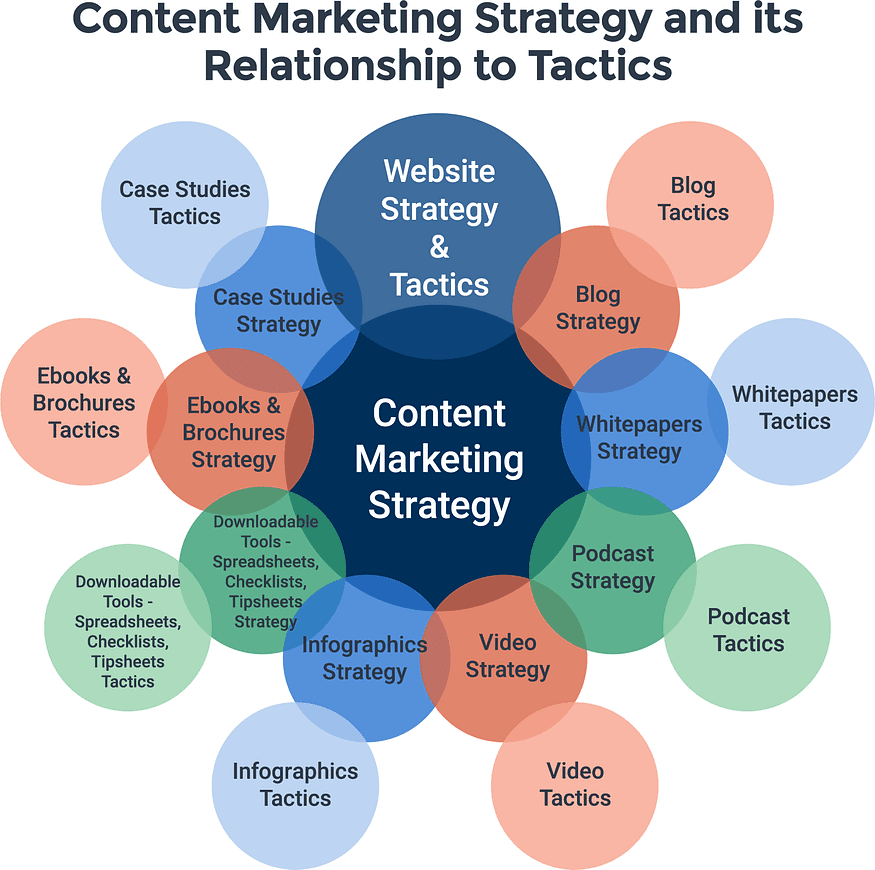In today’s digital age, the importance of driving organic traffic through website optimization techniques cannot be overstated. As businesses strive to establish their online presence, attracting the right audience to their websites is crucial for success. Organic traffic, stemming from unpaid search engine results, signifies not only visibility but also credibility and trustworthiness. Website optimization plays a pivotal role in achieving this, by fine-tuning various aspects of a website to enhance its visibility, relevance, and overall user experience. Let’s explore the strategies that can propel your website towards higher organic traffic and greater online success.

Understanding Organic Traffic
What is organic traffic?
Organic traffic refers to visitors who find your website through unpaid search engine results. These users discover your site naturally, often by typing relevant keywords into a search engine like Google or Bing.
Why is organic traffic valuable?
Unlike paid traffic, which requires continuous investment, organic traffic is cost-effective and sustainable in the long run. It indicates that your website ranks well in search engine results, establishing trust and credibility among users.
The Role of Website Optimization
Website optimization involves refining various elements of your site to improve its visibility, relevance, and user experience. By optimizing your website, you enhance its chances of ranking higher in search engine results pages (SERPs), thereby driving organic traffic.
Key Strategies for Website Optimization
Keyword Research and Optimization
Effective keyword research lays the foundation for SEO success. Identify relevant keywords and incorporate them strategically into your website’s content, meta tags, and headings.
On-page SEO Techniques
Optimize individual web pages by optimizing meta titles, descriptions, headers, and URLs. Ensure that your content is well-structured and includes relevant keywords naturally.
Mobile Optimization
With the majority of internet users accessing content via mobile devices, website optimization techniques your website for mobile responsiveness is crucial. Ensure that your site loads quickly and displays properly on various screen sizes.
Page Speed Optimization
Page speed is a critical ranking factor and influences user experience. Minimize load times by optimizing images, leveraging browser caching, and reducing unnecessary code.
High-Quality Content Creation
Produce engaging, informative, and relevant content that addresses the needs and interests of your target audience. Regularly update your content to keep it fresh and valuable.
User Experience Enhancement
A seamless user experience encourages visitors to explore your website further. Focus on intuitive navigation, clear calls-to-action, and visually appealing design.
Link Building
Build a network of high-quality backlinks from reputable websites within your industry. Quality backlinks signal authority to search engines and boost your site’s credibility.
Social Media Integration
Utilize social media platforms to promote your content and engage with your audience. Encourage social sharing to increase your content’s reach and visibility.
Measuring and Analyzing Results
Track and analyze key metrics using tools like Google Analytics. Monitor organic traffic, keyword rankings, conversion rates, and user engagement to assess the effectiveness of your optimization efforts.
Continuous Improvement
Stay updated with the latest SEO trends and algorithm changes. Conduct A/B testing to experiment with different optimization strategies and refine your approach over time.

Conclusion
Effective website optimization is the cornerstone of driving organic traffic and achieving sustainable online success. By implementing strategies such as keyword research, on-page SEO, mobile optimization, and content creation, businesses can enhance their visibility in search engine results and attract valuable visitors. However, optimization is not a one-time task but an ongoing process that requires adaptation to evolving trends and continuous improvement. By staying agile and proactive in optimizing their websites, businesses can maintain their competitive edge and reap the benefits of increased organic traffic for the long term.
FAQs
What if I’m not seeing immediate results from my optimization efforts?
SEO is a long-term strategy, and results may take time to materialize. Stay consistent and patient, and monitor your progress regularly.
Is it necessary to hire an SEO expert to optimize my website?
While hiring an SEO expert can be beneficial, you can also learn and implement basic optimization techniques yourself with the help of online resources and tools.
How often should I update my website’s content?
Aim to update your content regularly to keep it relevant and fresh. This could involve adding new information, refreshing existing content, or publishing blog posts on a consistent schedule.
What role does user engagement play in SEO?
User engagement signals to search engines that your website provides value to visitors. Encourage interactions such as comments, social shares, and time spent on page to improve your site’s SEO performance.
How can I stay informed about SEO best practices and updates?
Follow reputable SEO blogs, attend industry events and webinars, and subscribe to newsletters from trusted sources to stay abreast of the latest trends and updates in the world of SEO.





